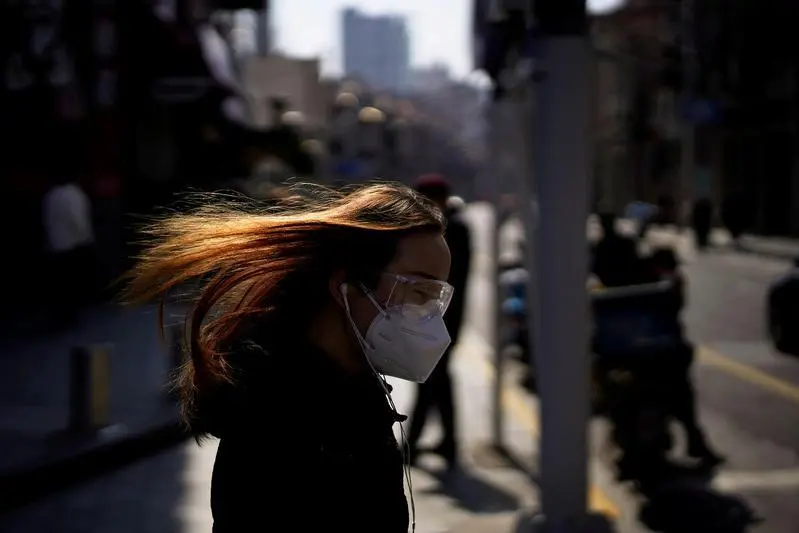PHOTO
LONDON - It’s getting ugly in the beauty business. Cosmetics companies that have benefitted from strong growth in duty-free and airport shops are learning quickly from the coronavirus exactly what happens when Chinese tourists can’t travel. It’s a longer-term risk that should bring down lofty valuations.
There has been little effort so far by the industry to quantify the impact of Covid-19 on bottom lines. Since the disease surfaced in Wuhan, China, in early January, some 90,000 people have been infected. Its spread to other countries, including Italy and South Korea, is becoming worrisome.
That makes optimistic forecasts, like the one from French liquor maker Pernod Ricard – which also relies heavily on globetrotting customers – harder to swallow. It said in mid-February that it expects to start seeing a gradual recovery in its so-called travel-retail unit in Asia in April, and for it to be back to normal by June.
L’Oréal, the $156 billion skincare company, grew its travel-retail business by 25% last year, with Barclays analysts estimating that half that uplift came from Chinese shoppers. Estée Lauder, its smaller U.S. rival, generated 23% of last year’s net sales from the segment, or about the same as its Asia-Pacific division.
Makeup and perfume accounted for 40% of worldwide travel-retail sales in 2018, and most of the total growth comes from Chinese buyers, reckons Swedish outfit Generation Research. That’s a problem, especially for a higher-margin business, when over 300,000 flights to and from China have been cancelled, according to flight-data provider Cirium, while companies such as HSBC have banned business trips to the mainland.
What’s more, a weaker Chinese job market could eat into travel budgets for the under-30 market targeted by cosmetics companies. There is also a greater risk of political backlash later, as Beijing is unhappy with some of the sweeping bans imposed on its citizens.
Estée Lauder, L’Oréal and Japanese peer Shiseido, which also has benefitted from substantial travel-retail growth, all trade at around 30 times expected earnings for the coming year, despite the potential short- or even medium-term coronavirus consequences. With longer-term problems of heavy dependence on Chinese travellers also now exposed, that should change beauty in the eye of the investing beholder.
CONTEXT NEWS
- Estée Lauder on Feb. 6 trimmed its profit forecast for 2020, citing the impact of the coronavirus in China.
- The New York-listed cosmetics company said “global travel retail” was among the divisions expected to feel the greatest negative impact in the coming months, followed by a gradual recovery later in the fiscal year.
- L’Oréal on Feb. 7 said that the epidemic “will have a temporary impact” on its business in China and Travel Retail Asia unit, “even if it is too early to assess it”.
- “The experiences we have had with similar situations in the past (SARS, MERS, etc.) show that, after a period of disturbance, consumption resumes stronger than before,” it added.
(Editing by Jeffrey Goldfarb and Oliver Taslic)
© Reuters News 2020




















